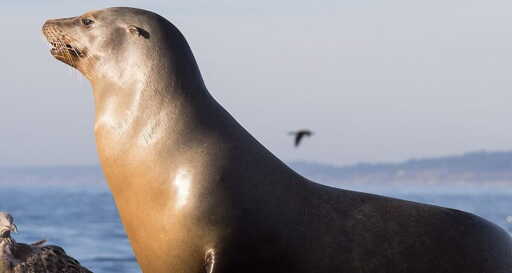From obesity in cats and dogs and osteoarthritis in pigs, to cancer in whales and high blood glucose in racoons, chronic diseases are increasingly becoming a concern across the animal world, a recent study finds. Most of these ailments can be traced back to human-driven changes, the author says. Antonia Mataragka, the study’s author from the Agricultural University of Athens, Greece, told Mongabay by email that she and her colleagues have been noticing signals “suggesting that chronic, non-communicable diseases may be emerging more frequently across very different animal populations: pets, livestock, wildlife, and even aquatic species.” In humans, many noncommunicable chronic diseases (NCDs) are tracked through large standardized systems. But such data for domestic and wild animals tend to come from “small, isolated studies using different methods and definitions,” she added. This prompted Mataragka to review the published scientific research to assess what’s known about chronic diseases in animals and where knowledge gaps remain. The review found that over the past two decades, NCDs like obesity, diabetes and kidney disease appear to have increased in companion animals like dogs and cats. Meanwhile, a significant proportion of livestock, including cows and pigs, suffer from metabolic disorders, osteoarthritis and fatty liver disease. Wildlife also show signs of chronic diseases, the review found. Researchers have documented gastrointestinal or mammary cancers among beluga whales (Delphinapterus leucas), urogenital carcinoma among California sea lions (Zalophus californianus), high blood sugar in raccoons (Procyon lotor), fibropapillomatosis, which causes tumoral growths, in green sea turtles (Chelonia mydas), and severe…This article was originally published on Mongabay
From Conservation news via this RSS feed


